Ten of the sharpest minds from Afghanistan have traveled to Qatar to enroll in the Academic Bridge Program of the Qatar Foundation. The first batch of the Afghan Robotic Team arrived in Doha in August 2021. This is the second batch to study there.
Three of the freshly arriving group’s members gave speeches on the International Day of Education Under Attack about their experiences, aspirations, and goals.
“Girls’ education in Afghanistan has been suffering a silent attack since last year. An attack where you don’t hear bombs exploding or bullets being fired, but instead the deafening silence of empty classrooms and the sound of thousands of dreams being shattered every day,” said 17 year old Raihana Sattar.
Sattar’s father is an electrical engineer and mother a housewife. Despite having only studied until grade 10, her mother is a fierce supporter of education, particularly girls’ education. She said: “My mother has firsthand experience of how limited one can be without education, and so she made sure that through education, her girls can have access to opportunities that she didn’t.”
Sattar graduated from school just before schools were closed. Thinking back to the unfortunate evening she found out secondary schools for girls were going to be closed, she said: “I cried all night. I had already graduated, so it wasn’t myself that I was crying for, but for my younger sisters, for the girls of Afghanistan, and for our collective future.”
19-year-old Marwa Shinwari is from a province called Nangahar. Her father is a doctor. She has one older sister and three younger ones. Since she was a child, she keenly followed new inventions across the world, particularly those in the medical sector and that is how her interest in robotics began. Shinwari said: “I think education is as important as food, if not more. It is empowerment and combats inequality by teaching people about their rights. It opens up possibilities and allows women to have an active role in determining what they want their future to be like.”
18-year-old Heela Barak is from the city of Kandahar. It was a robotics competition at school that got Barak interested in robotics, and she’s not looked back since. Staying true to her name which means “hope”, Barak said: “I have hope that schools will reopen soon. Women make up approximately half of Afghanistan’s population. There is no future without women. If the country wants to have a prosperous future, we need to have women involved, it’s as simple as that. I have hope that people will understand this soon.”
When asked how they feel about the drastic change in life they have had by moving to Qatar, the girls all said they are still coming to terms with it.
For Sattar, it wasn’t until two weeks after she arrived in Qatar that her mind was able to process her move and the fact that she is a student again. “I was walking back to the dorms after class one day in Education City, and that’s when it hit me that I am in a new place – a safe place – a place where my desire to study further is not seen as a threat but is supported and encouraged. The happiness and gratitude I felt in that moment were so overwhelming that I found myself crying.”
For Barakat, most of last year was spent agonizing over the reality that girls in her country were not being given their basic right to education. She said: “For a whole year, I went to sleep and woke up with a heavy heart, so being here now feels like a dream. The quality of education, the support we have received from our teachers at Academic Bridge Program, and most importantly, the importance placed on girls’ education here, it all feels like a dream.”
Shinwari claims that three months prior, she was unclear of her future, what she would do, and how she would go about doing it. And now, the 2022 FIRST Global Challenge will be taking place in Switzerland the following month. “A future where girls’ education is not a danger, where it is cherished, not tolerated,” Shinwari stated in response to a question on what she believes the future of her nation will entail.



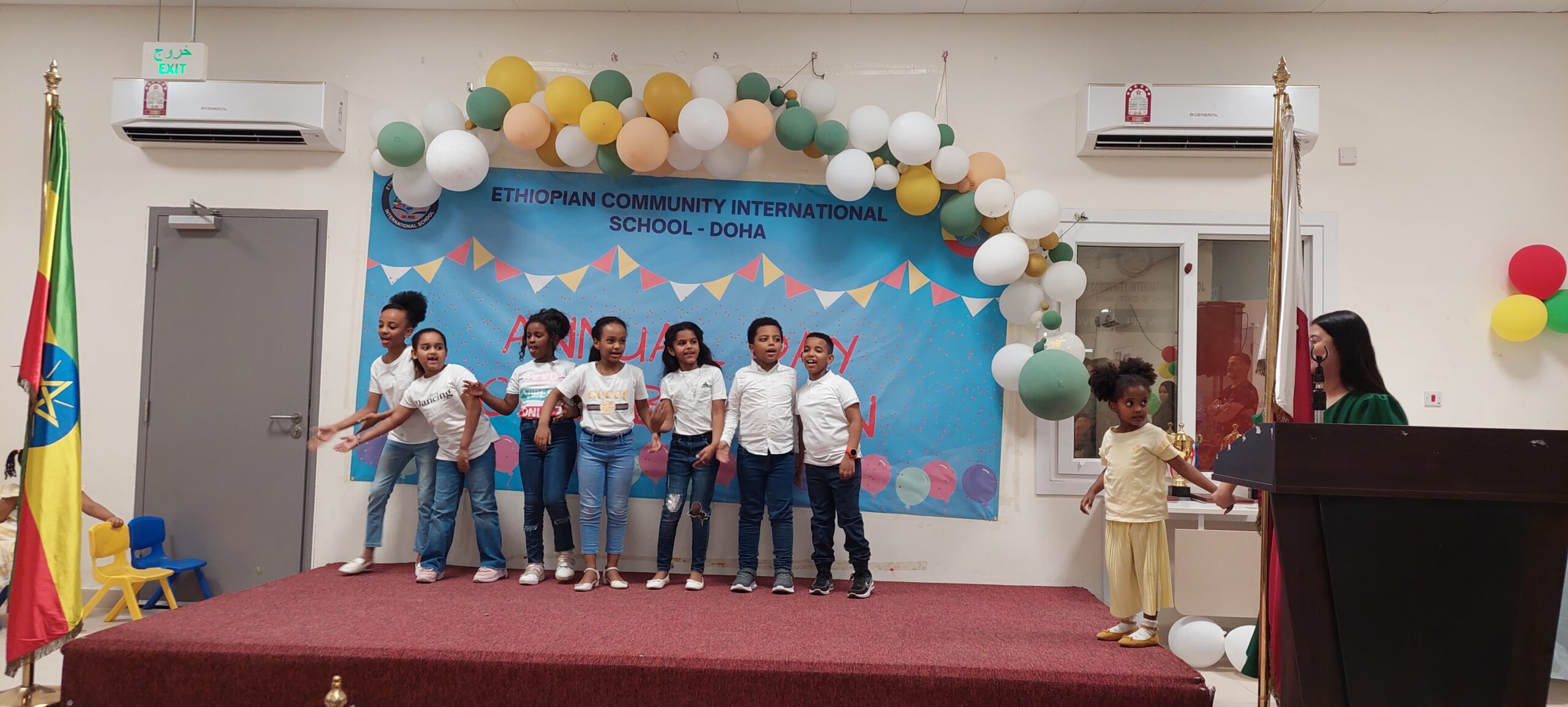
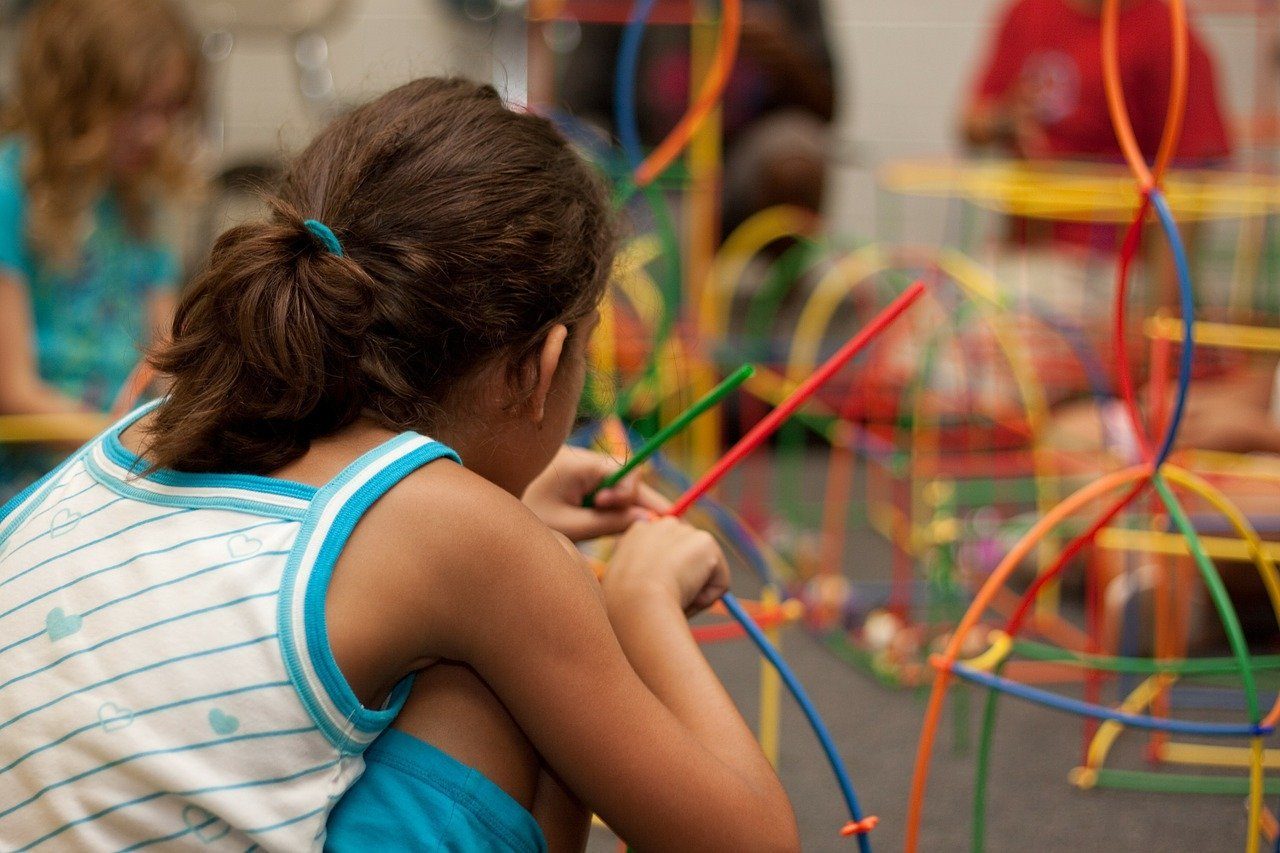
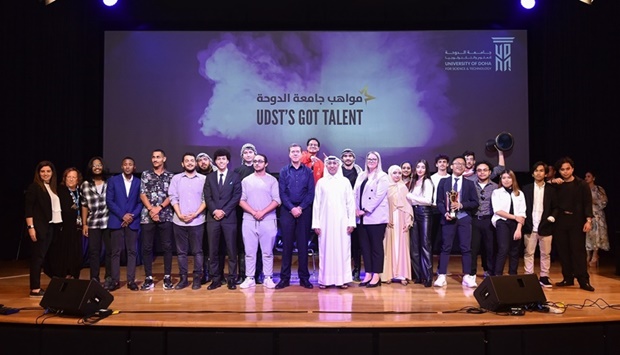
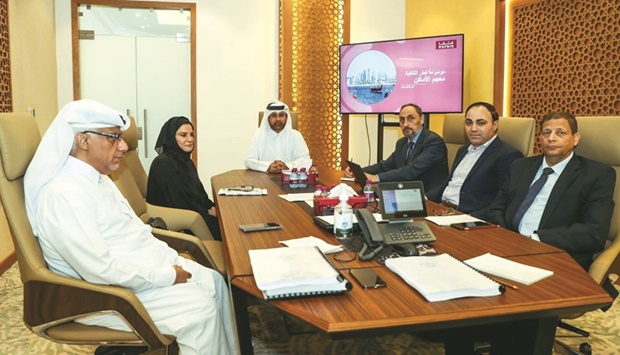




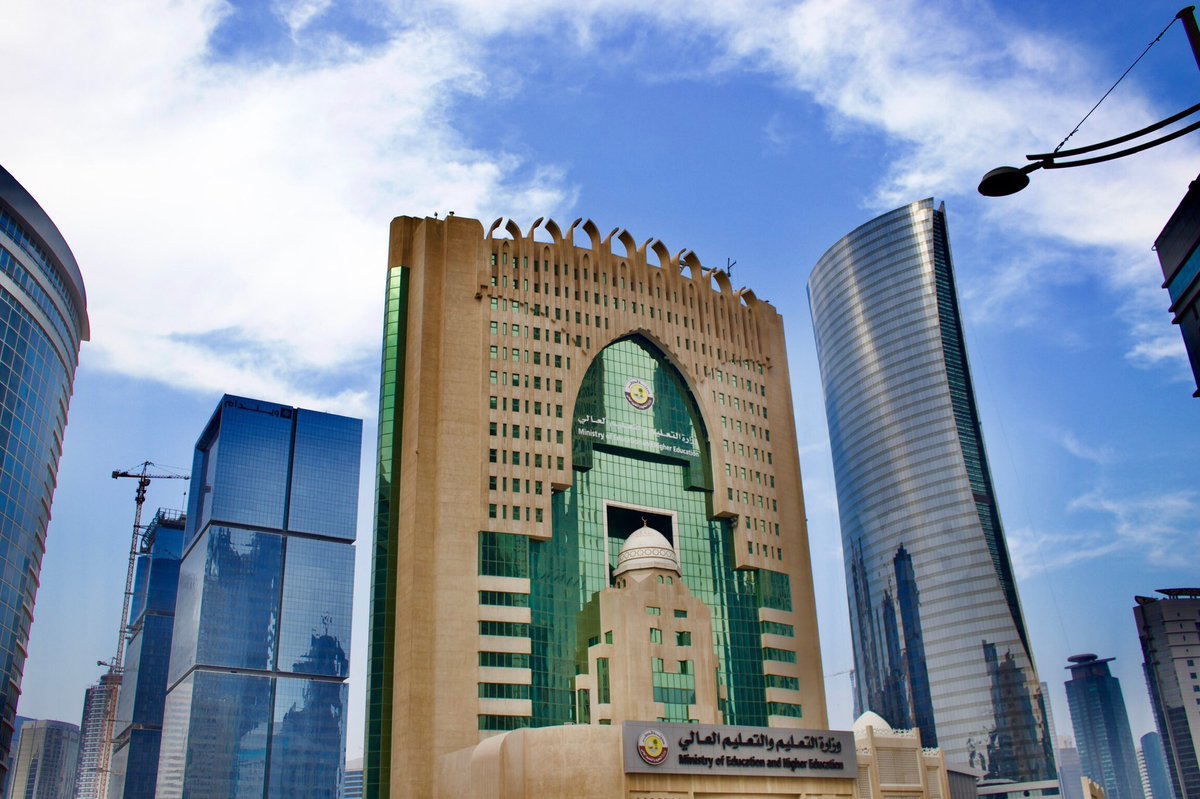
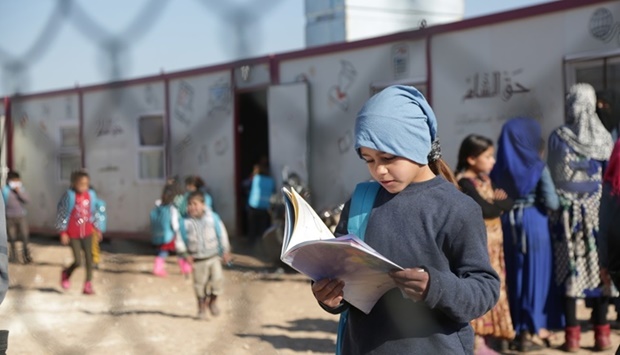




Leave a Reply